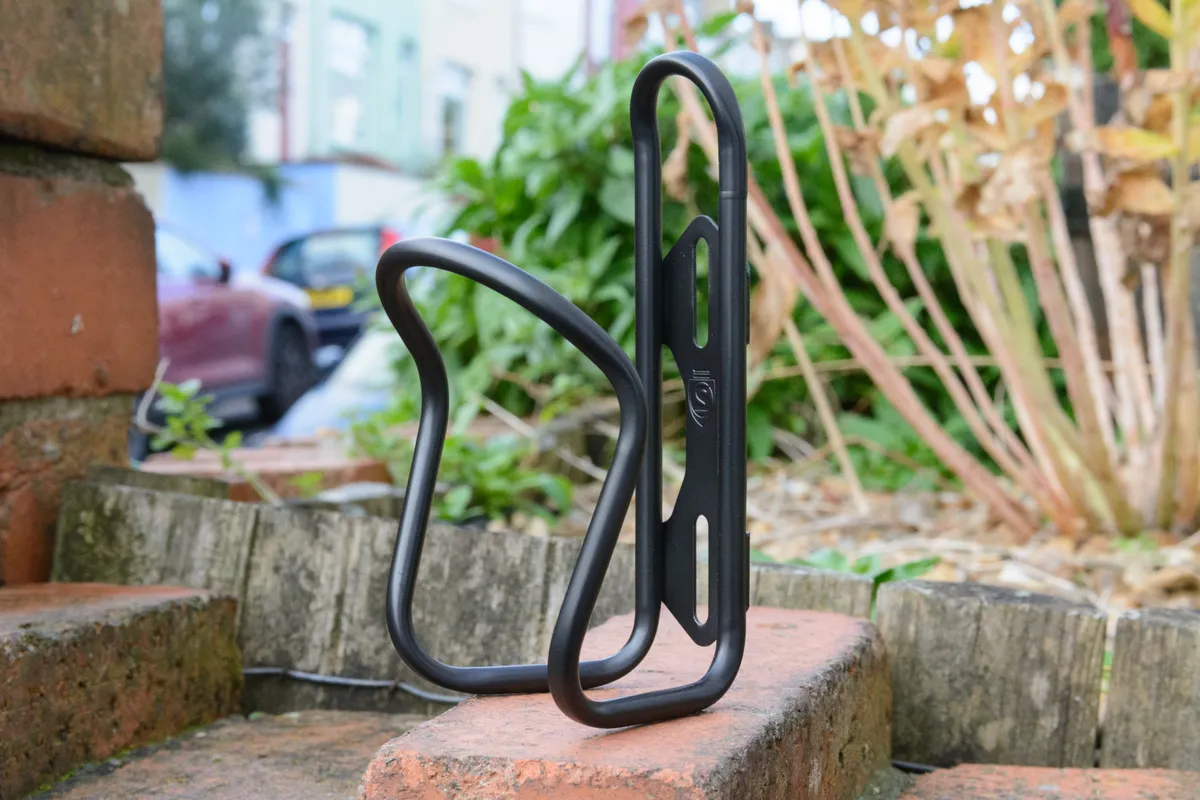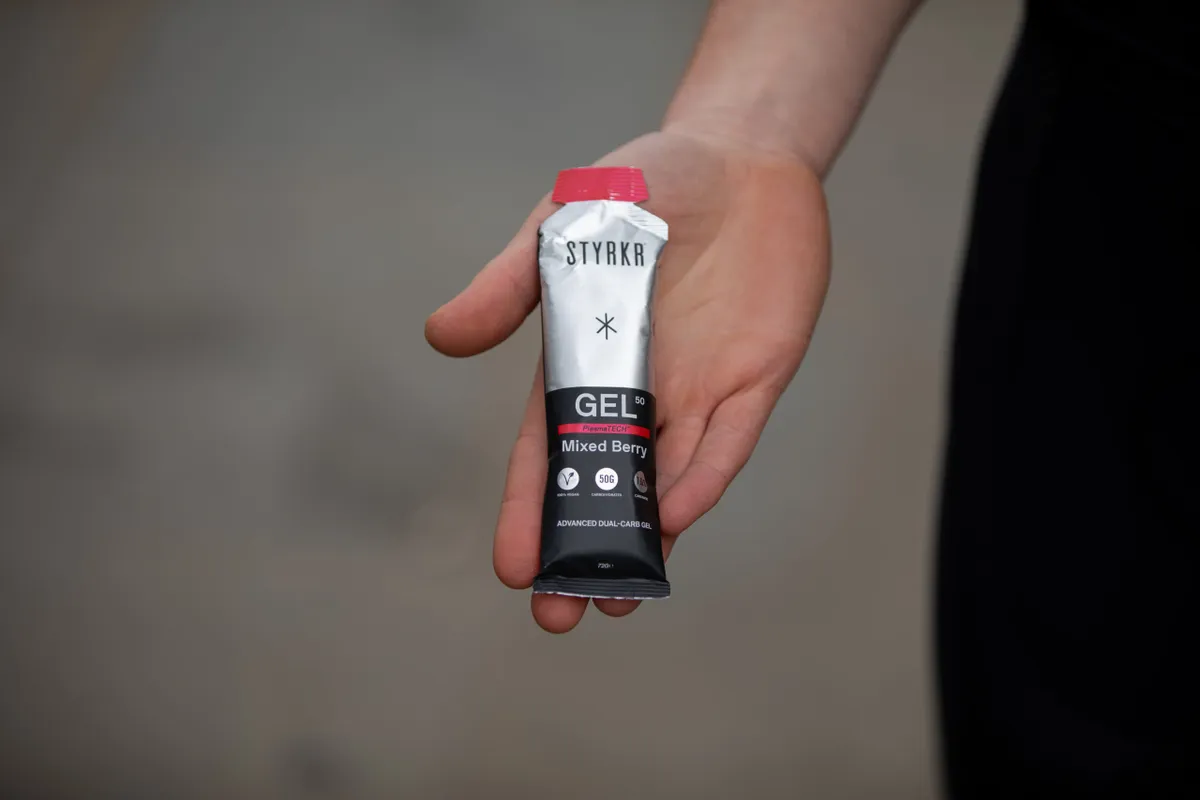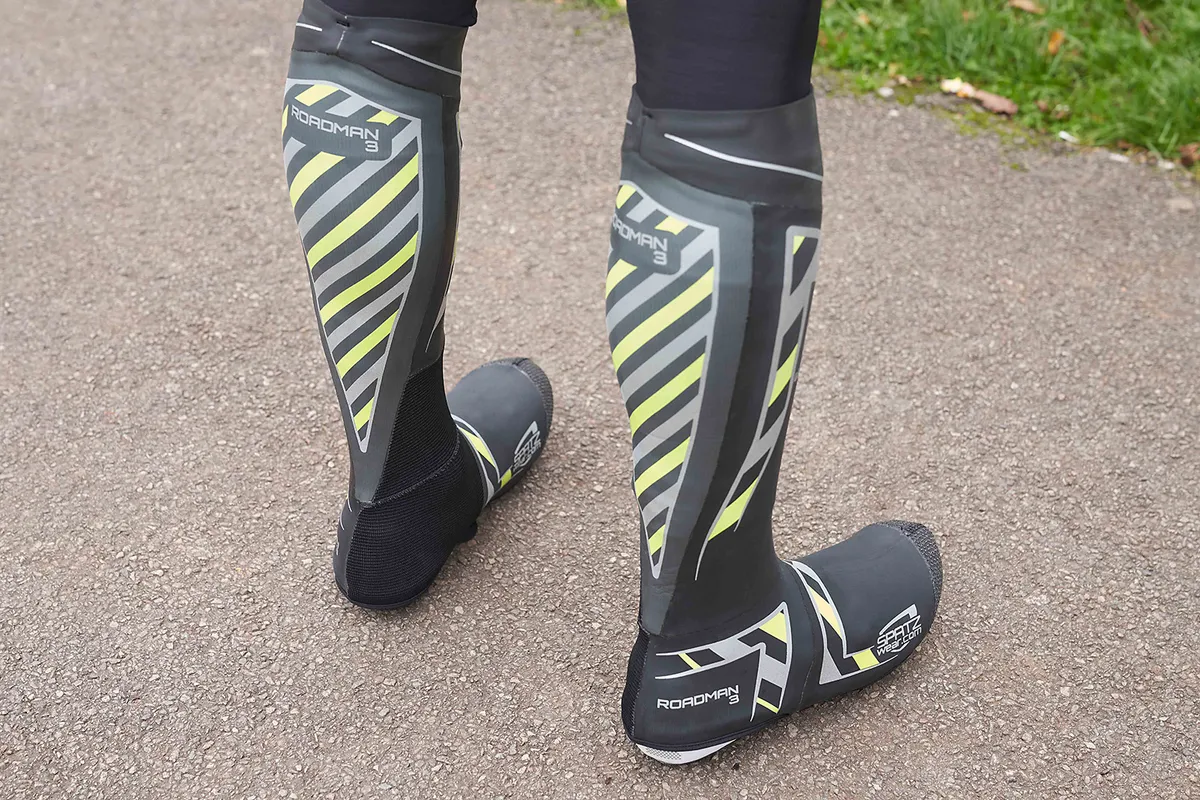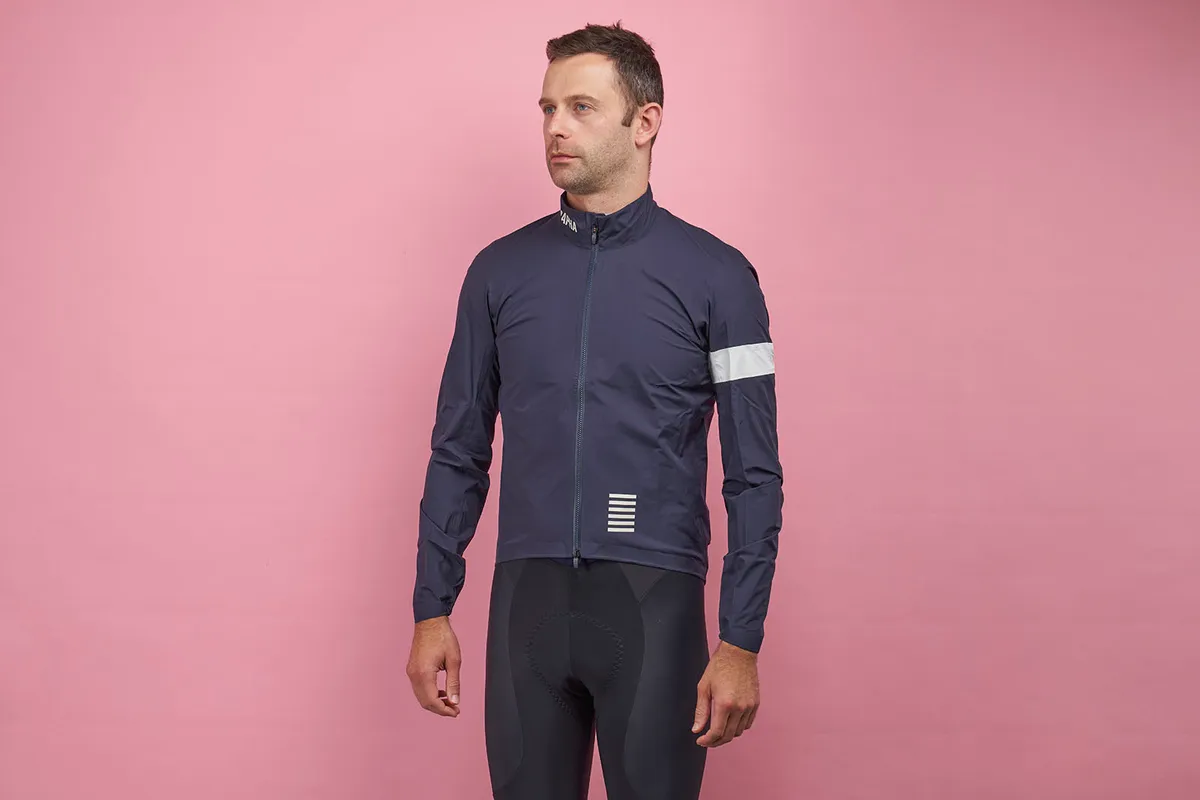Cycling is a sport heavily permeated by technology, with innovation surrounding almost every aspect, from bike design to nutrition.
While it’s easy to spend your days considering the next component to add to your bike, finding an appropriate line between need and want can sometimes be difficult.
We’re all guilty of bejewelling our bikes and bodies with arguably unnecessary gear and clothing. In this article and the accompanying BikeRadar Podcast, we explore expensive cycling products that you can probably live without.
That’s not to say the items we've listed aren’t worth the money; R&D isn’t cheap, and some products have to lead the charge into innovation for there to be something to trickle down to more affordable levels in the future.
But, without further ado, here are 12 ridiculously expensive cycling products you probably don’t need – but may still want.
Any helmet costing more than £150

Bicycle helmets are a key component of road safety that has shifted increasingly toward aerodynamic advantage in recent years.
Many brands, such as Kask, Poc, Specialized and Giro, have helmets costing well in excess of £150, with some nearly touching the £300 mark.
While these helmets may offer some aero performance gains (although this would need to be tested individually in a wind tunnel), they often provide the same styling and protection as cheaper options.
Unlike other products on this list, helmets have a finite life, with many brands only claiming effectiveness for three years from manufacture.
Therefore, it seems a waste to spend big on something you’ll be putting in the bin in a few years.
Expensive shoes

For many of the same reasons that pricey helmets are on the list, expensive cycling shoes often don’t return a performance gain worthy of their price.
While comfortable cycling shoes are essential for spending a long time in the saddle, many companies, such as DMT, Q36.5 and Trek, have pairs retailing for more than £350.
Fancier materials may be used, with 3D-knitted uppers, but the same designs can be found cheaper on models that offer similar levels of comfort.
Brands have often cited stiffer soles when trying to elevate their shoes, but this theory has been thrown out of the window, with researchers finding it makes no difference.
Shimano Dura-Ace Di2

Shimano’s flagship Dura-Ace Di2 groupset is lust-worthy enough for even a Campagnolo fan to reconsider their loyalties, with its performance securing a 4.5-star rating when we tested it.
Despite this, it’s hard to justify spending the money on the top-of-the-range groupset when Ultegra features nearly all the same technology – with more gear options and only a small 411g weight penalty.
At £1,200 cheaper than Dura-Ace Di2, you could treat yourself to a set of decent carbon wheels with the money you’d save.
While these marginal gains may prove beneficial to pro riders pedalling up the Alps and Pyrenees, they are inconsequential for many of us.
Fancy bottle cages

Whether they’re a sliver of carbon fibre or a bent titanium rod, nobody needs to pay over £100 for a bottle cage.
Take Silca’s Sicuro Cerakote Ti Cage for example. Yes, it’s beautiful, well made and comes in a wide range of colours, but it’s £115.
For £28, you could get an Elite Vico Carbon, which is a couple of grams lighter, or Leyzne’s bullet-proof Flow cage for £12.99.
Carbon wheels costing much over £1,000

Upgrading your wheels can make a huge difference to how your bike handles, with carbon fibre options often having aerodynamic advantages and lighter weights.
Prices for these wheels can spiral higher than a lot of mountain passes, with brands such as ENVE and Lightweight offering many options above £2,500.
Wheels at just over the £1,000 mark will feature similar rim profiles to the top-end wheels, giving you similar aero gains while saving you money to spend elsewhere on your bike.
Top-end bike computers

Bike computers have become a necessary training accessory for road cycling, with power, heart rate and GPS navigation allowing for metric-driven workouts and the ability to record your ride.
High-end computers such as Garmin’s Edge 1050 and Wahoo’s Elemnt Ace offer all the features under the sun, with the latter even featuring a wind sensor.
While these top-tier features may help the pros, many of us who simply track our rides on sites such as Strava won’t have much use for them and may be better off waiting for them to trickle down to more affordable models.
3D-printed saddles

2024 seems to have been the year of the 3D-printed saddle with many companies, including Fizik, releasing models.
While the design is said to offer better shape and support due to the additive-manufacturing process, comfort is still in the backside of the beholder.
If you have found a saddle design that you’re happy with, it doesn’t make sense to change it out purely for the sake of having a technically more advanced design.
Top-end smart trainers

Smart trainers are a great option for indoor cycling because they enable you to record your data and use applications such as Zwift.
However, there are very few people who need a trainer that can measure up to 2,500 watts, with many of our sprints topping out before then.
Expensive trainers may also be more accurate than their cheaper counterparts, but a +/- 0.5 per cent power discrepancy is meaningless unless you’re a top-level Zwift racer or pro rider.
Take Tacx’s Neo 3M for £1,700 at +/-1 per cent power accuracy, compared to JetBlack’s Victory for £399 at +/- 1.5 per cent.
Cycling nutrition

Nutrition is key for cycling; whether you’re feeding a long day in the saddle or a training session, it’s critical to consume the right food.
However, cycling-specific nutrition can soon eat away at your pockets, with many brands charging high prices for products that are seemingly easy to make yourself.
Store-bought sweets may take some time to chew, but they deliver sugar to your system just as fast as energy gels – and sometimes with a more palatable flavour.
Making food at home is also a good option, with energy bars and energy drinks easy to whip up.
If you are on the upper end of required carb intake for training, it might be impossible to avoid specific nutrition, but for those not looking at competing, there are savings to be made.
Spatz overshoes

Spatz overshoes can also be seen as overkill, with their long design stretching up to your knees and undoubtedly keeping the worst of winter away.
This performance comes at a hefty price, with some pairs costing around £100.
While their performance and construction quality go some way to justifying their price, unless you’re heading out into the depths of winter you can find cheaper alternatives that will do the job just as well.
Top-end clothing

There’s no denying cycling is a fashion sport, with brands such as Rapha, Maap and Assos creating beautiful clothing that delivers great performance.
Clothing from these brands often costs an arm and a leg, but quality doesn’t have to mean expense.
There are plenty of brands that make great kit at more affordable prices.
Kalas, Van Rysel, Endura and Sportful all produce well-made garments with technical fabric, that won’t break the bank.
Better yet, you could buy used clothing, although there’s something very unappealing about a second-hand chamois.
Premium pedals

Premium bike pedals offer very little performance gain over cheaper alternatives, with Shimano’s RD pedals being a great example.
Very few of us at BikeRadar would be able to tell the difference between the brand’s Dura-Ace and Ultegra models.
Both use the same basic pedal shape and feel very much the same when clipped in.
Only the weight difference and a Dura-Ace logo seem to differentiate them, a marginal gain so small we wonder if the pros could spot it.
